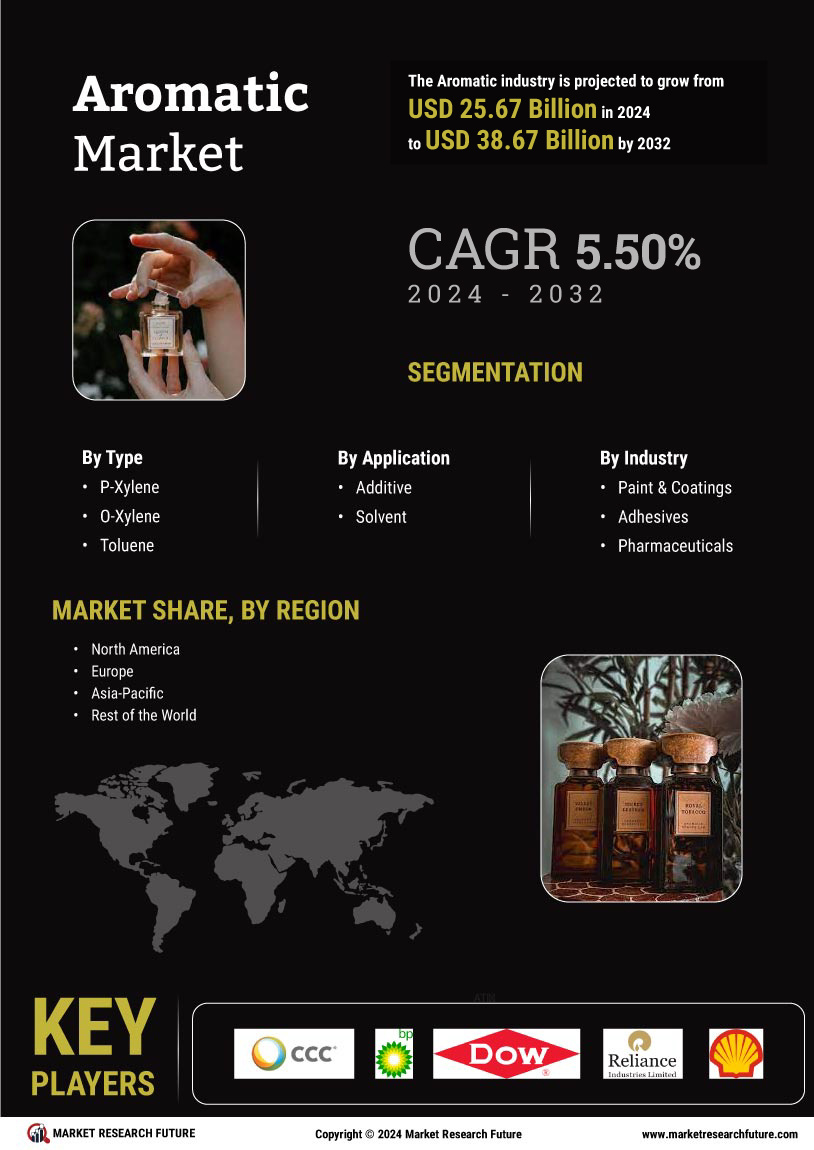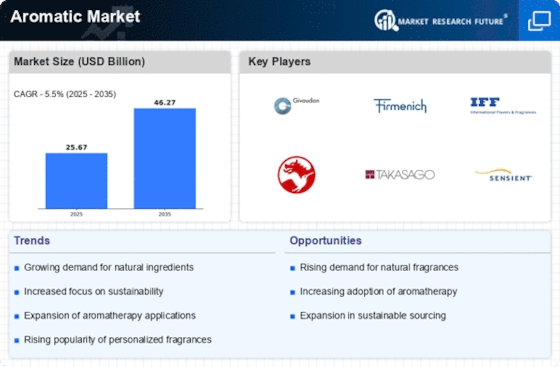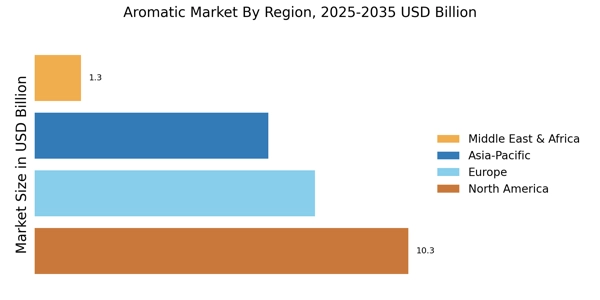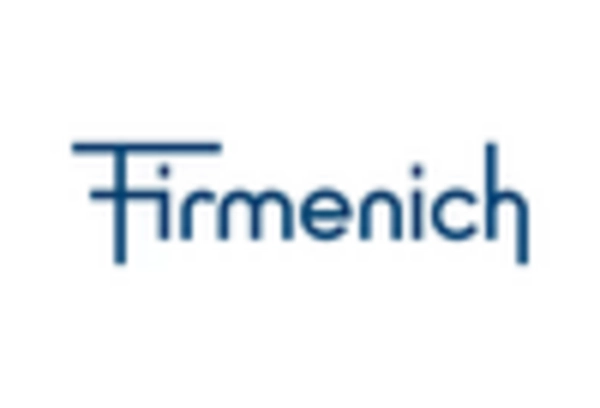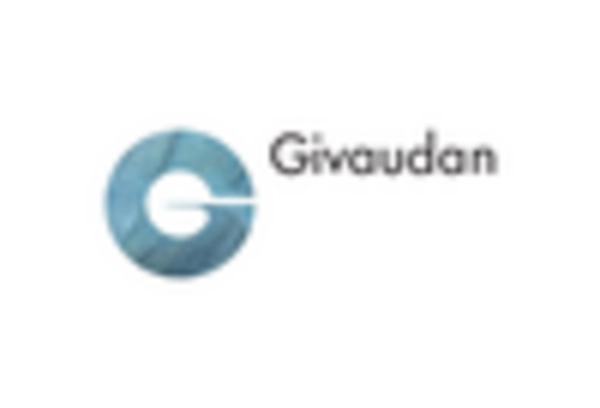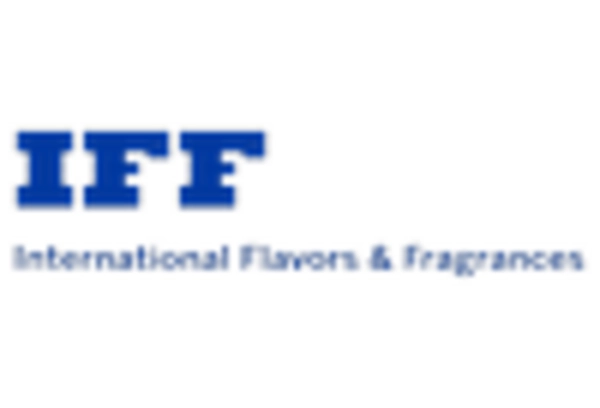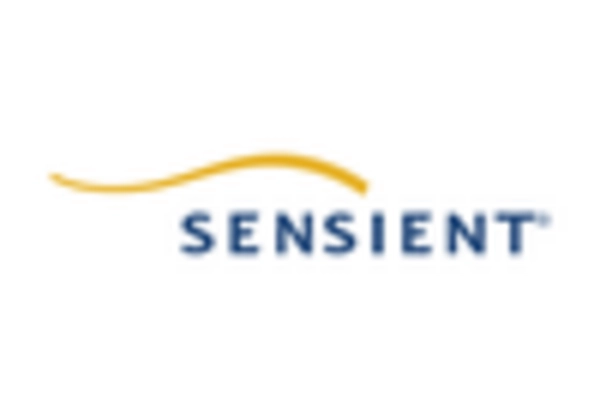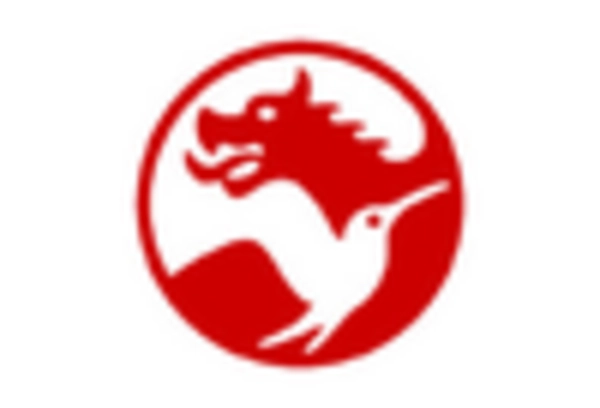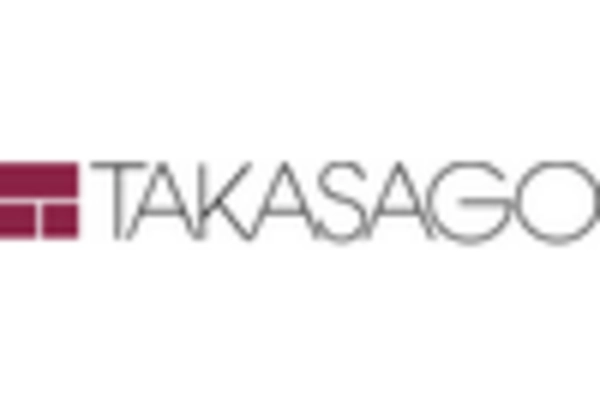Leading market players are investing heavily in research and development in order to expand their product lines, which will help the Aromatic market, grow even more. Market participants are also undertaking a variety of strategic activities to expand their footprint, with important market developments including new product launches, contractual agreements, mergers and acquisitions, higher investments, and collaboration with other organizations. To expand and survive in a more competitive and rising market climate, Aromatic industry must offer cost-effective items.Manufacturing locally to minimize operational costs is one of the key business tactics used by manufacturers in the Aromatic industry to benefit clients and increase the market sector. In recent years, the Aromatic industry has offered some of the most significant advantages to medicine. Major players in the Aromatic market, including Canada Colors and Chemicals Limited, BP PLC, Dow, Reliance Industries Ltd., LyondellBasell,
Shell Chemicals, SABIC, and
Exxon Mobil Corporation, are attempting to increase market demand by investing in research and development Types.Indian company S H Kelkar and Company Limited produces flavours and fragrances. The company produces, distributes, and exports scents as well as chemical ingredients for both organic and inorganic chemical-based smells. The business divisions that make it up are flavours and smells. The company offers a wide range of products, including luxury fragrances, fabric care, personal care, hair care, home goods, skincare, and cosmetics, among others. The company offers flavours for a wide range of items, including beverages, sweets, dairy, salty foods, and medications.Through its wholly-owned subsidiary Keva Europe B.V., SH Kelkar and Company Ltd. (SHK) entered into a contract to purchase a 100% stake in Holland Aromatics Market B.V. on December 14, 2021. The transaction is being closed through the purchase of a 100% stake in Provider Beheer B.V., the holding company for the Dutch business Holland Aromatics Market. The Agreement provides that 62% of the Stock shall be purchased immediately upon the Closing and the other 38% shall be acquired over the course of the next two years in two equal instalments of 19% each.The cannabis research firm Abstrax Tech is in charge of creating flavourings and aromas that come from plants and cannabis. The business possesses the greatest terpene library of the most well-liked strains, botanically generated terpene mixes, and native isolates of cannabis utilised in vapes, concentrates, edibles, beer, essential oils, fragrances, cosmetics, topicals, tinctures, alcohol, food and beverage, personal care, and more. The Trichome Institute and ABSTRAX have partnered to produce the first cannabis aromatic training kit, Interpening, which will be available in December 2021.The Trichome Institute and ABSTRAX are pleased to collaborate, according to Max Koby, co-founder and CEO of ABSTRAX, because this cutting-edge scent kit will help both customers and the industry. The software employs an excellent but simple methodology. The business will train a new generation of cannabis sommeliers because it is confident that doing so will help them comprehend the range of cannabis strains and how to best serve each customer.
